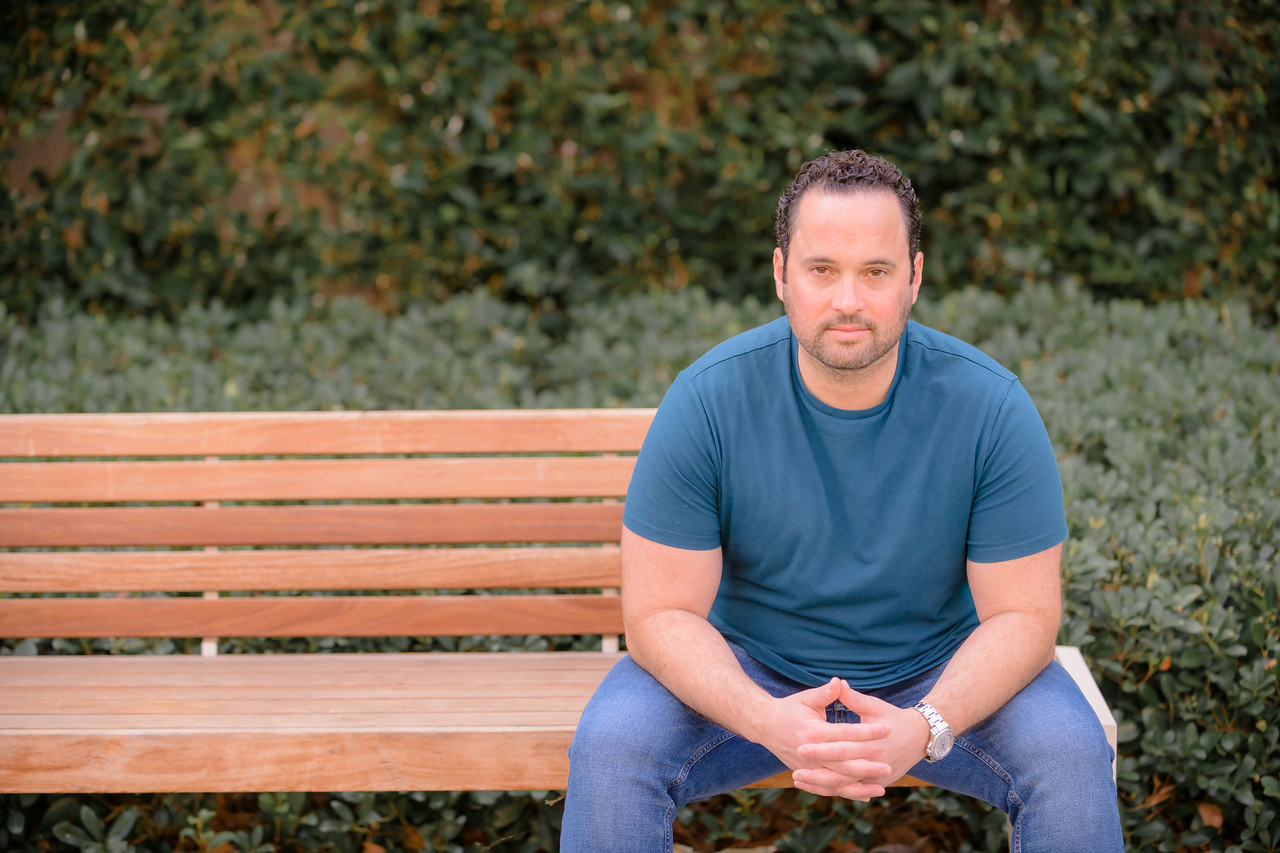
Entrepreneurs are trailblazers, problem-solvers, and risk-takers. They view obstacles as opportunities that demand solutions. Frustrated with the shortcomings he found in industry-standard tools, Israeli-born Roy Dekel set out to change the way that real estate professionals conduct business.
[reit]
Q2 2020 hedge fund letters, conferences and more
In 2014, Dekel and Israeli co-founder Udi Dorner disrupted the real estate industry by identifying a software standard that failed to equip professionals with the tools required to do their job. To bridge the gap, he developed a suite of SaaS tools that broke ground at the intersection of supply and demand, by delivering referrals directly to real estate agents based upon buyer location and qualifications.
Today, Dekel, CEO of his company SetSchedule, leads one of the most forward-thinking and fastest-growing tech companies in Irvine, CA. In just six years, SetSchedule has handled over $1 billion in real estate transactions, has over 100 employees, and is expanding even throughout the uncertainties of the 2020 economic climate.
Dekel credits much of his success to his years in the Israeli military, along with his people-first approach to doing business. He shares his thoughts on entrepreneurship, supporting the community, and creating a healthy company culture.
What are your thoughts on startups and small businesses that are struggling to sustain during difficult times?
Innovation is the creation birthed from destruction. Every shortcoming or crisis creates opportunity, and change brings out the best in us. Businesses should be looking to pivot with and cater to change.
The COVID-19 pandemic in particular has lit a fire to create, better, more relevant, and faster digital options. Ideas and strategies that had once taken years to perfect and launch have been fast-tracked and fueled by a pandemic timeline. Change always comes with some discomfort, but it is the urgency of the situation that makes great things happen.
What do you think communities should do to help support one another during the pandemic?
Small businesses are the lifeblood of American business, and to let that fade, is to let the American and the Israeli pioneer spirit die. It is our responsibility as a community to support startups and small businesses, so they can not only survive, but thrive during the pandemic.
People around us have lost so much already – family, friends, employment, and businesses. The only thing that can build up the morale of an entire community is banding together to show support for those that are struggling.
Your company has broken ground on a series of new platforms and innovative tech. What are your thoughts on having assembled a powerhouse team that is capable of handling pivots and innovation in such a high-level context?
Diversification is key. The more well rounded an employee in education, experience, and investment, the more options you have to stay stable, grow, lean on your team, and to avert disaster through inevitable ups and downs. Take care of your employees and your employees will take care of you.
Do you find your Israeli military training to be useful in the context of running a business and leading a large team?
Being an officer in the military was a natural stepping stone to leading. In my five years as a seal and later as an officer, I was constantly driven to innovate under pressure. Those same leadership, team-building, and problem-solving qualities that were developed during my years of military experience are invaluable to my leadership style, and inspire me to further build new and better systems regardless of the hurdles.
How do you think you’ve adapted to the American economic structure?
Israelis are born to be pioneers. We are constantly looking to improve and better our situation. Small business owners and entrepreneurs have a similar ingenuity and passion that has driven the US to be the de facto technology and industry leader. Grit is a common thread that’s in both Israeli and American culture, which is why I think I’ve done well here.
As a business owner, how do you address spending and finances?
The most disastrous thing a business owner can do is operate blindly. Know your cost to do business and be proactive to continue and nurture long-standing clients. In order to survive through the good times and the bad, you have to work out revenue, funding, debt, and establish a strategy based on current projections and scenarios. Always remember that when times are tough, cash is king.
Do you have any advice for Israeli entrepreneurs?
You don’t need a major investment to start a company; you just need an idea, passion, and motivation. If being an entrepreneur is something you want, then stay focused and strong.
The first thing I would recommend is find a business partner you can trust, preferably one that has a complementary skillset. If you choose correctly, a partner will help lighten the workload, advocate for the business or cause, and can help sustain the trials of starting a new company.
Remember that obstacles will come and go, but you have to be willing to push through the hard times to make it. If you look at any company, regardless of its size, industry, or supposed successes, you can find a time when they had troubles. Obstacles are not failures, but they are inevitable hurdles that come with being an entrepreneur. Be ready for hardships and don’t give up.
The post Interview with Israeli Business Leader Roy Dekel, CEO of Real Estate SaaS Startup SetSchedule appeared first on ValueWalk.
